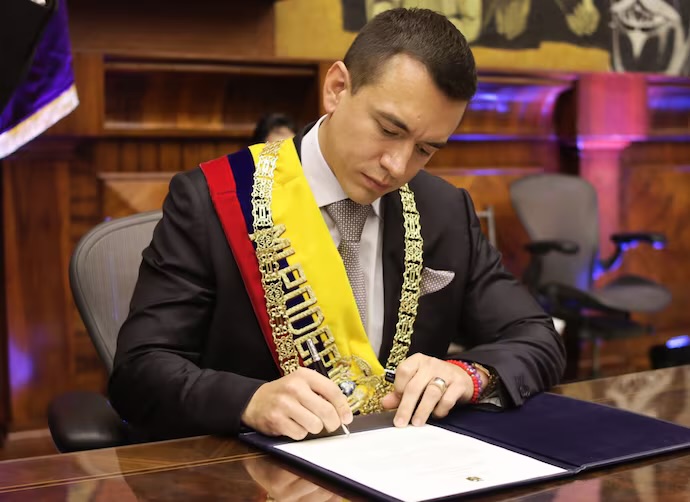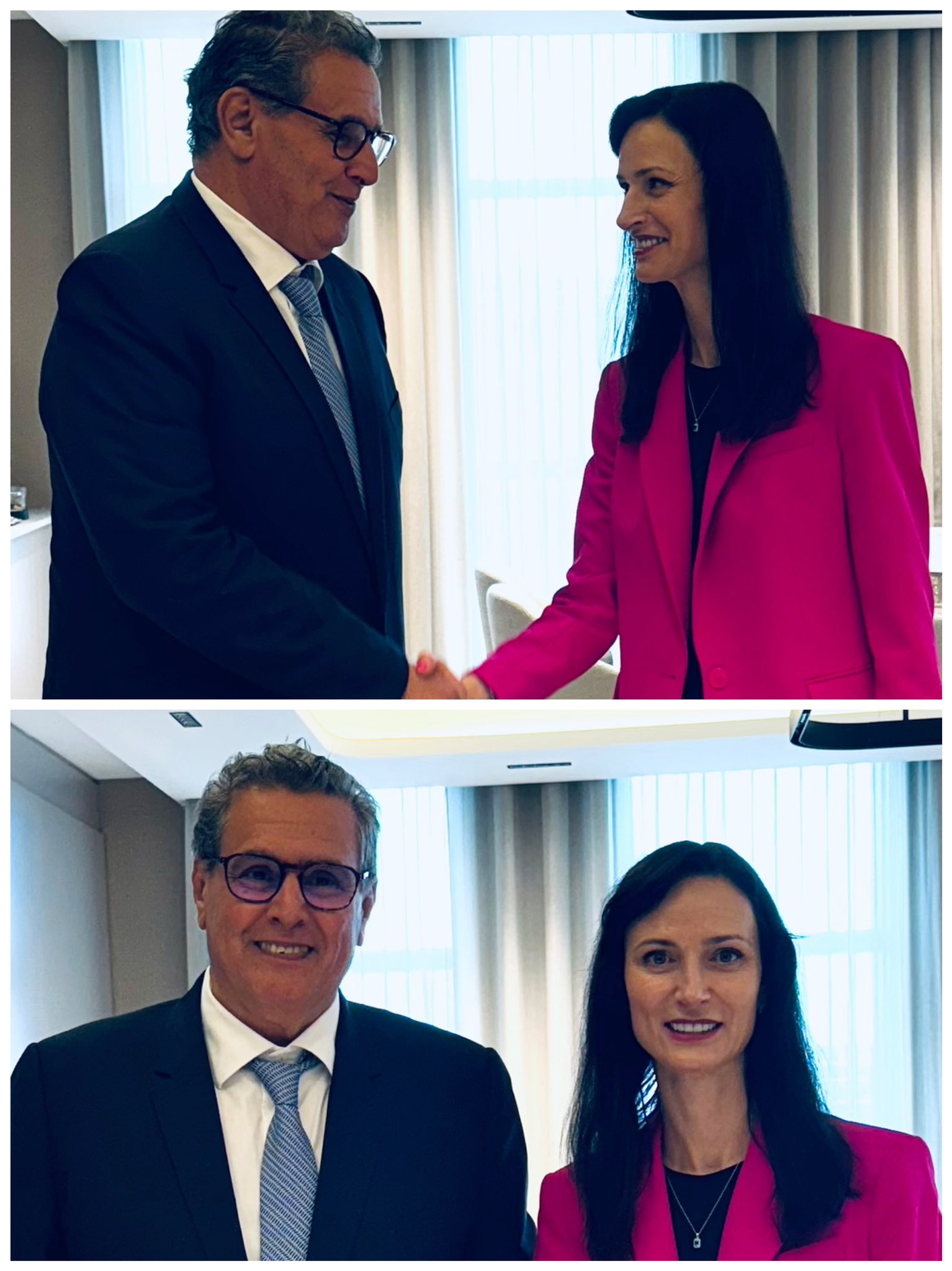The International Finance Corporation (IFC) will assist the Moroccan Ministry of Energy Transition & Sustainable Development accelerate Morocco’s energy transition plan through updating the national natural gas roadmap and structure a landmark public-private partnership (PPP).
The two sides signed an agreement on this cooperation Monday in Rabat.
The agreement focuses on developing sustainable gas infrastructure, which will support the country’s energy transition towards its target of 52% of its installed electricity capacity from renewable energies by 2030.
The IFC, a member of the World Bank Group, will also assist the ministry in conducting feasibility studies, and structuring and managing a transparent and competitive bidding process, in accordance with national laws, to select one or more private partners to develop, finance and operate the infrastructure.
“This project fits perfectly with our sustainable development and energy transition strategies, and is essential for strengthening our energy security. We want to benefit from the capital and know-how of the private sector to build a gas market that incorporates international best practices. Ultimately, this modern, sustainable gas infrastructure will also be the backbone of the future hydrogen economy,” Minister of Energy Transition and Sustainable Development, Leila Benali, was quoted in a statement by the department as saying.
Natural gas, with its low carbon content and versatility, is an essential element of Morocco’s energy transition and decarbonization strategy, as it will enable greater penetration of intermittent renewable energies into the grid and bring greater stability and efficiency to the national power system, the statement said.
Natural gas is also essential for decarbonizing industry and substituting for fuel oil and other fuels still used for power generation and in energy-intensive industries.
By 2022, Morocco has succeeded in optimizing existing regional infrastructures to access the international LNG market for the first time in its history, the statement pointed out, adding that the second phase of this strategy involves strengthening domestic gas infrastructures, in order to secure gas supplies and connect input sources to consumption basins.



